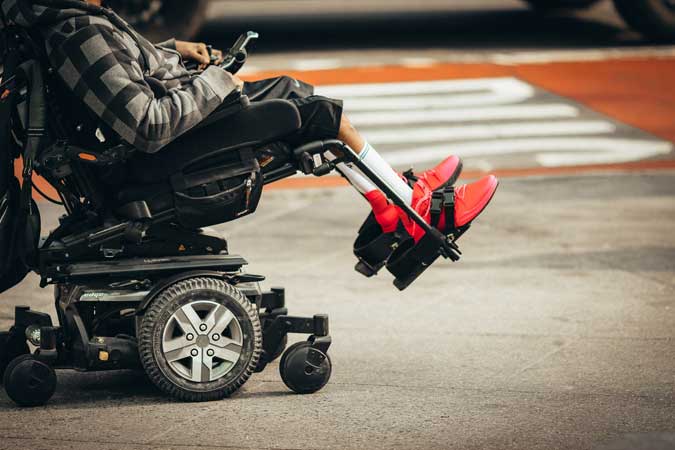PWDs find work through Microsoft’s inclusivity program

To improve workplace inclusivity, the Microsoft Enabler Program provides cloud and artificial intelligence (AI) training for persons with disabilities (PWDs), accessibility education for employers, and inclusive hiring from non-profit organizations (NPOs) supporting PWDs.
“Accessibility education for employers is going beyond sensitization training. It’s having a knowledge base where the employees of the organization can access training and information that would help them in their decision-making process when it comes to accessibility, diversity, and inclusion at large,” said Ryan D. Gervasa, founder and president of Virtualahan, a non-profit social enterprise that has been a key partner in Microsoft’s local efforts to make the workplace more diverse.
Aside from providing inclusivity training for employers, Virtualahan pools potential candidates for vacancies within companies.
Offices with a limited budget, said Mr. Gervasa, can ensure the needs of its PWD staff are met by availing of government programs that give incentives to companies that employ talents with disabilities. According to Section 8 of the Magna Carta of Persons with Disability (RA 7277), private entities that employ disabled persons are entitled to tax breaks, including an additional deduction, from their gross income, equivalent to 25% of the total amount paid as salaries and wages to disabled persons.
“A culture of inclusion means creating the structure and mechanism in place to meet the needs of PWDs and other disadvantaged groups in your company,” Mr. Gervasa said. “It means putting resources for their welfare and development. It means putting your money where your mouth is.”
In the Philippines, the Microsoft Enabler Program has provided full-time employment for three individuals: Ritchell Anne B. de Loyola, whose chronic illness forced her to use a wheelchair, works at Microsoft as a program manager; Jefferson D. Cortez, who is hard-of-hearing, helps ensure that apps and solutions developed by IT company HCL Technologies are accessible to PWDs like himself; and Zeus Exequiel Seth M. Oliveros, who has an orthopedic condition that causes mobility dysfunctions, was hired by Cognizant Technology Solutions Philippines in 2020 as a data analyst.
“To be empowered, first of all, accept your condition and understand your limitations; then focus on your skills, abilities, and strengths to live up to your potential,” said Ms. de Loyola.
With more than a billion PWDs in the world, disability-inclusive employment can lead to a 1–7% rise in GDP in the Asia Pacific through increased economic productivity, according to a December 2016 report by the United Nations Economic and Social Commission for Asia and the Pacific. One in every six people in the region, or 650 million individuals, lives with a disability.
The Microsoft Enabler Program is in five markets — Korea, New Zealand, Philippines, Singapore, and Thailand — with plans to expand to the rest of the region by the end of 2020. Its eight commercial partners in the Philippines are Cognizant Technology Solutions, ePLDT, HCL Technologies, Nexus Tech, NTT Data, Wipro, Crayon, and DDLS Philippines. — Patricia B. Mirasol


